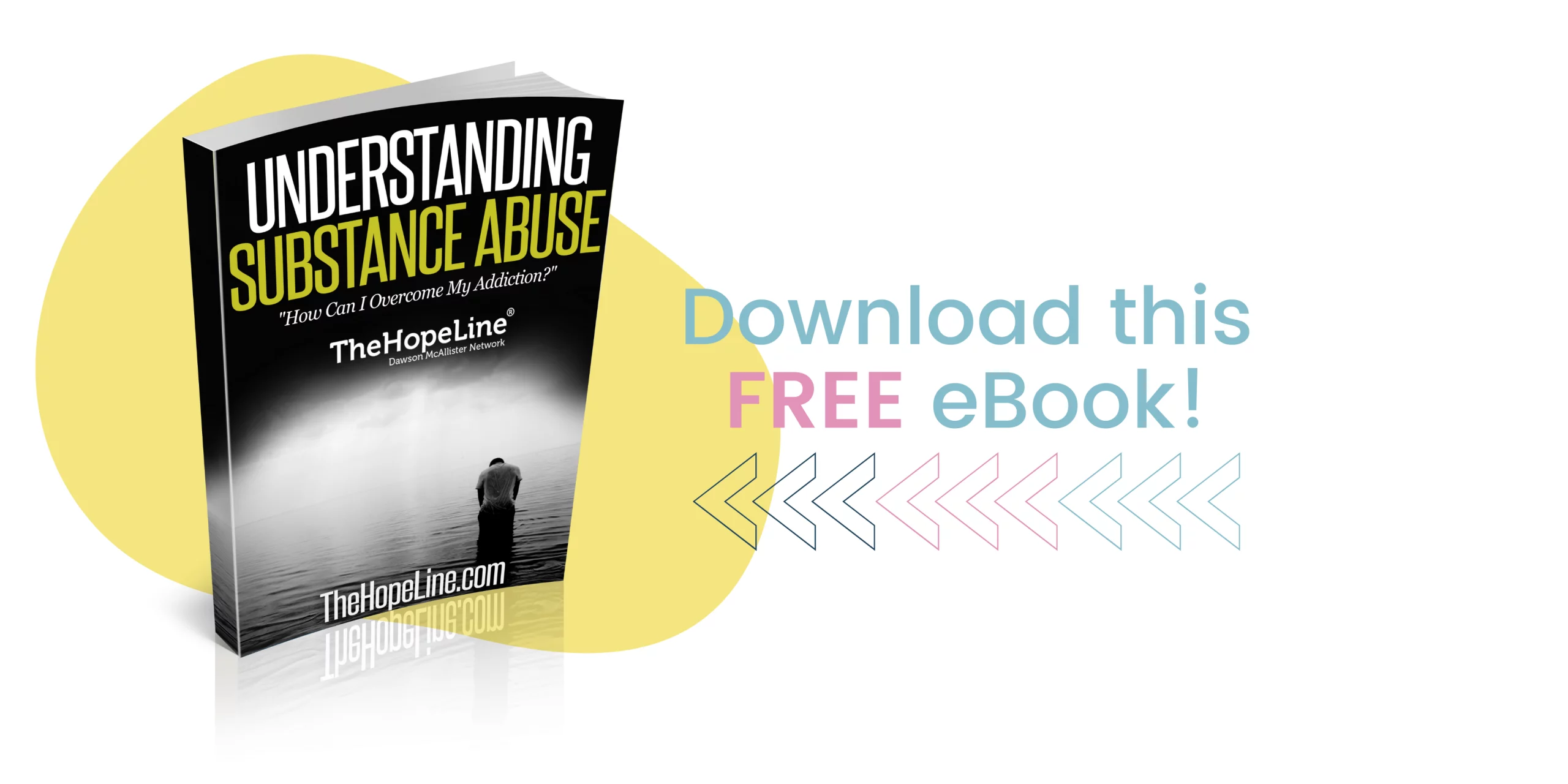How to Break the Silence of Addiction
Most people know that struggling with an addiction is an uphill battle. But not too many people realize the trauma that comes with revealing that addiction to others. Breaking the silence may feel more difficult than the addiction itself, but talking about substance abuse is an important and necessary step on the road of recovery.
Admittance
We’ve all heard it plenty of times: “Admitting that you have a problem is the first step towards solving it.” Why is this statement true? Think about it for a moment. Let’s say that my cell phone has a terrible crack in the screen. Everyone around me notices it and tells me I should get it fixed. Even though I can see the crack, I’m pretty sure that the crack has no negative effects on the way I use my phone. Since I don’t think there is actually an issue, I never take it in to be repaired. “If it’s not broken, don’t fix it,” after all.
In order to find a solution, we need to first see the problem as a problem. Breaking the silence must always begin with admittance.
Once you face the reality of having an addiction, the road from here on out will be much smoother. You don’t need to be afraid to talk about addiction. Leave shame and embarrassment at the door. It has no place. Own your truths and with God at your back, walk steadily on.
Who to Tell
The first person you should tell that you have an addiction is yourself. Yes, you. The more you say it, the easier it is to hear. As you accept this fact, you may begin to tell God as well.
Once you’ve settled the fact within yourself and with God, you can begin revealing your addiction to the person you trust most. Anxiety and fear will be heavy. Try to find someone who will be free of judgment, willing to support you as you seek help, and who can provide you with comfort as you confide in them. This might be your parents, pastor, best friend, or another relative.
Remember to speak only the truth. There is no need to sugarcoat the issue. The more transparent you are, the easier it will be to get it all out.
When is the Right Time?
In truth, there is no perfect time to discuss substance use disorder. It’s a difficult thing to talk about for both you and your confidant, so the sooner you do it, the better. Waiting can cause you to have second thoughts and the fear can build to the point of locking away the truth.When the time comes, however, make sure that you have plenty of time to say all that you want to say. Be sure that you are alone with your confidant and that there are no unnecessary distractions around you. You need their undivided attention and you need to be able to give them yours.
Widen the Circle
There is safety in numbers. If you have become fully comfortable with revealing your addiction, you may begin to widen your circle of trustees. In other words, you can build your support team. This means telling multiple people that you are an addict. This is a scary idea, but you can do it. Hiding the truth is a form of denial and it can be a dangerous road to walk. Open up and allow God and your loved ones to help you along your way.
As of 2017, 19.7 million Americans (ages 12 and older) suffered from a substance use disorder. With numbers like these, it is clear that you are not alone. Millions of people around you are dealing with the same issues and are talking about substance abuse. Connect with fellow fighters and lean on them for support – and let them lean on you.
Getting Help
With the right support team, you can move confidently toward recovery. You might want to consider checking into a rehab center or researching local support groups. Here at TheHopeLine, you can find fellow addicts and compassionate Christians who you can connect with to find help. TheHopeLine offers resources and prayer. It’s a safe place that can start you off on the right foot.
We are here to help. You don’t need to feel fearful or hopeless, and you don’t have to be afraid to talk about addiction. If you keep God as your focal point, you can step out confidently on the road to recovery.
Worried you're developing an addiction, or have a history of addiction in your family? Read my blog to find out about the warning signs.



